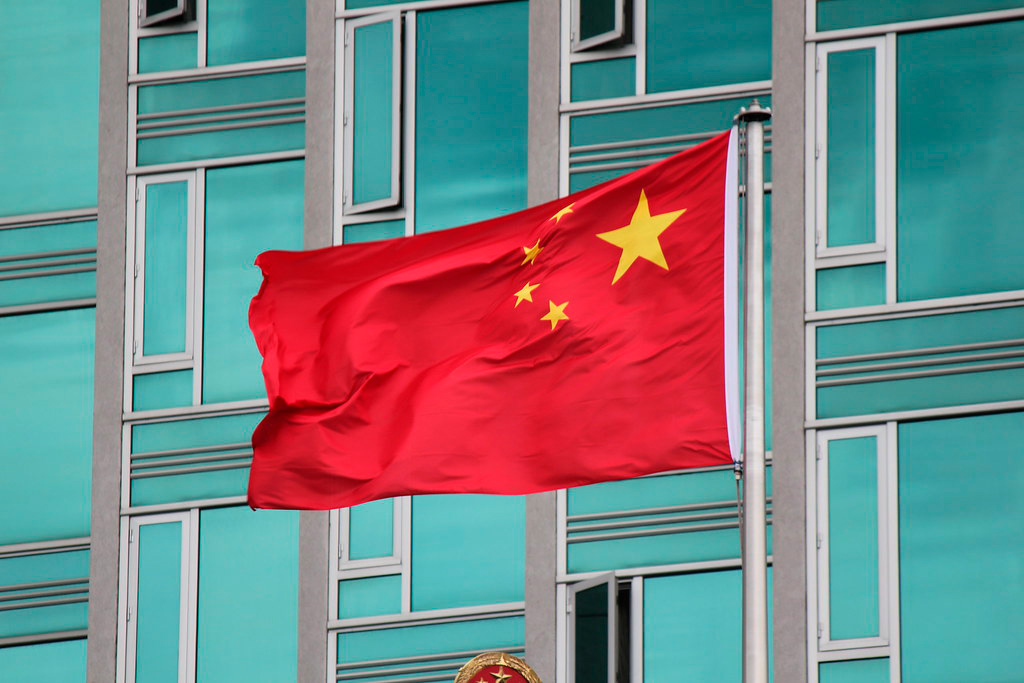Last month, China’s national legislature spokesperson refuted Western assertions of a “Chinese debt trap” in Africa, during the 14th National People’s Congress (NPC), held on March 4, this year, Capital FM.co.ke reported.
China has, in fact, asserted that African countries have benefited much from the infrastructure projects that are a part of its Belt and Road Initiative (BRI).
More than 200 BRI cooperation agreements had been signed by 140 nations at the start of 2021, serving as frameworks for Chinese businesses to construct infrastructure projects like ports, railways, power plants, and telecommunication networks using low-interest Chinese loans to host countries, Capital FM.co.ke reported.
While these projects, bring development to these developing nations of Africa, little is known of the conditions set out in the loans signed in the financing agreements.
The People’s Liberation Army (PLA) established its first foreign military facility in Djibouti, at the mouth of the Red Sea, in 2017, which drew increased attention to Beijing’s economic activities in the Red Sea region, Capital FM.co.ke reported.
Moreover, Djibouti occupies a strategic geographic location at the Red Sea and the Gulf of Aden intersection; 95 per cent of Ethiopia’s trade is handled by its ports.
Transshipments between Europe, the Middle East, and Asia are also accommodated by Djibouti’s ports. The government has maintained military connections with France for many years, as well as with the US, Japan, Italy, Germany, Spain, and China, Capital FM.co.ke reported.
A significant Chinese-led infrastructure project, which will eventually be developed along the Western African coast in order to facilitate tourist access to the treasures of the Red Sea and Atlantic Ocean, was recently completed, connecting the capital city of Djibouti to Addis Ababa via rail.
The largest port in Africa, a railroad to Ethiopia, and the nation’s first overseas naval facility were all sponsored by Beijing, which is now said to be responsible for almost 70 per cent of Djibouti’s total domestic product in debt, Capital FM.co.ke reported.
These significant investments made by Beijing in Dijbouti are a microcosm of how China has quickly established a key footprint throughout the country.
Further, a report suggests that Chinese involvement in Africa, particularly private Chinese investment, is yielding significant benefits from BRI agreements. China and Djibouti government signed a framework agreement for a concessional loan for the Djibouti Assal Lake Salt Export Terminal Project at the Port of Goubet on November 11, 2012, and also China Eximbank and the Djibouti Ministry of Finance signed a $61,375,440 loan agreement for this project, Capital FM.co.ke reported.
Africa’s lowest point, Lake Assal, is 155 metres below sea level. With an average salt concentration of 34.8 per cent (which increases to as high as 40per cent at a depth of 20 m), it is the second saltiest body of water and around 10 times saltier than saltwater.
Djibouti took over as Ethiopia’s main salt supplier when the Eritrean-Ethiopian War broke out in 1998. Prices remained high due to demand from Ethiopia’s 62 million+ population. Thus, the salt from Lac Assal became known as ‘white gold’.
The waters of Lac Assal, which are abundant in minerals like magnesium, calcium, and sulphates, can be utilised to cleanse, calm, and revitalise the skin as well as treat conditions like rheumatoid arthritis and muscle discomfort.
China now has significant infrastructure assets in the BRI project, and there is little doubt that the government is considering a variety of options. Still, it also enters into outside cooperation agreements for its own benefit, Capital FM.co.ke reported.
The future of Lac Assal will undoubtedly involve commerce, whether through greater tourism or salt mining. There are plans to construct a visitor centre and wellness resorts akin to those found on the Dead Sea shoreline in Israel and Jordan together with the new industrial site. So, we need to comprehend how these infrastructure developments might affect the environment and ecosystems.
There are reports that the exploitation of the salt from the lake was uncontrolled so the Government of Djibouti emphasised the need for managing the exploitation to avoid negative impact on the lake environment and has initiated a proposal with UNESCO to declare the Lake Assal zone and the Ardoukoba volcano as a World Heritage Site, Capital FM.co.ke reported.
Without a doubt, human activities such as urbanization, industrialisation, population expansion, deforestation, etc. are the main causes of environmental degradation.

